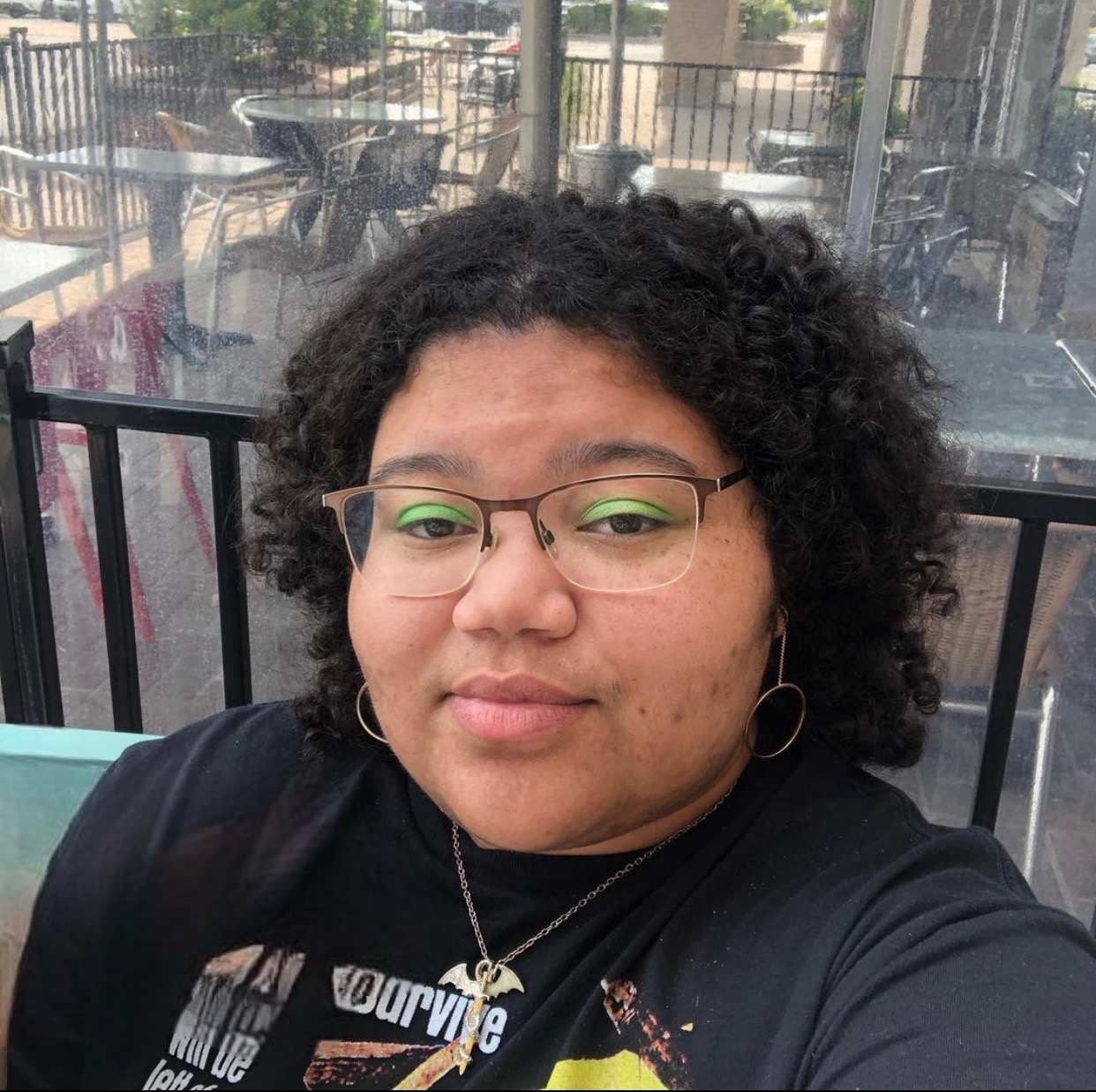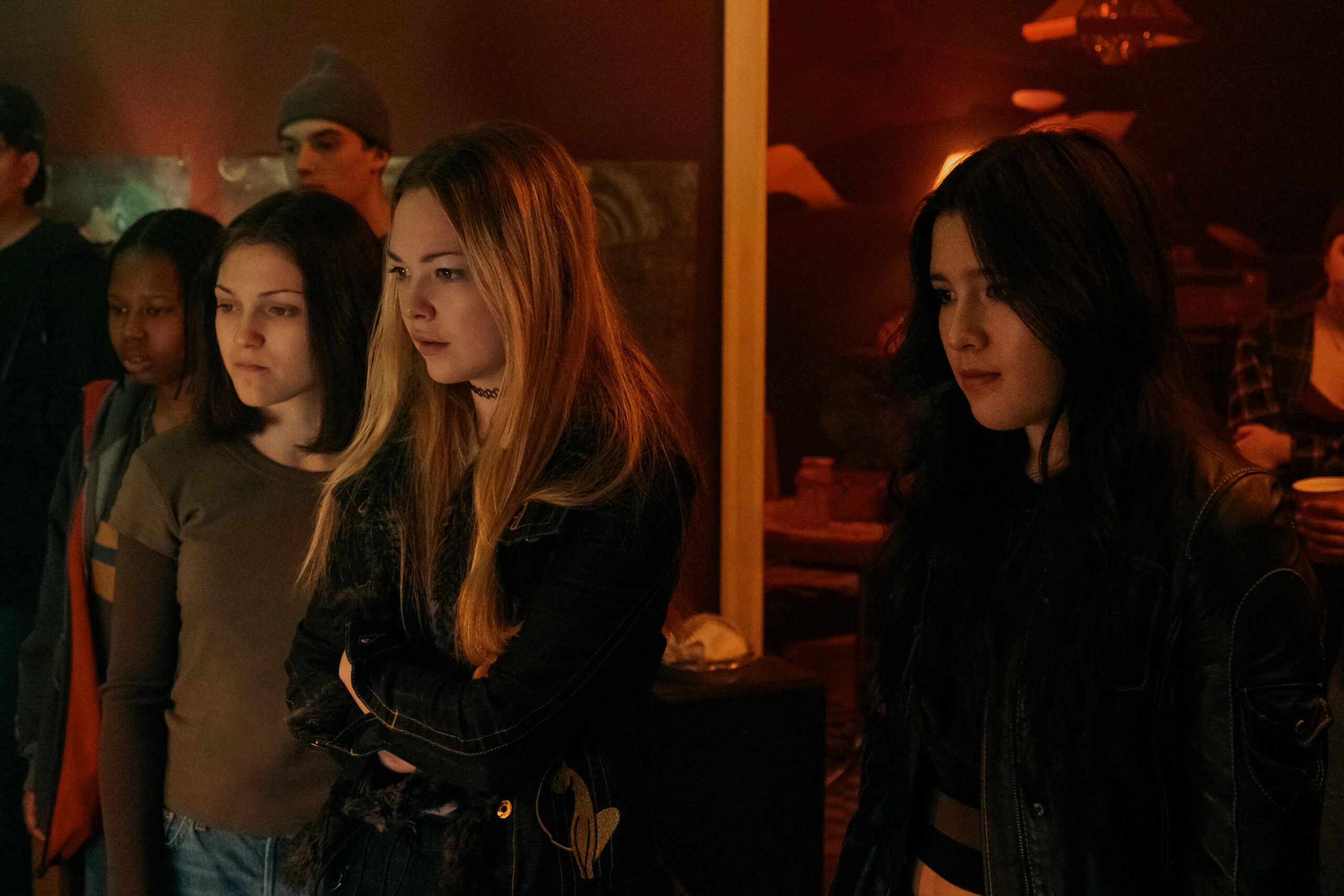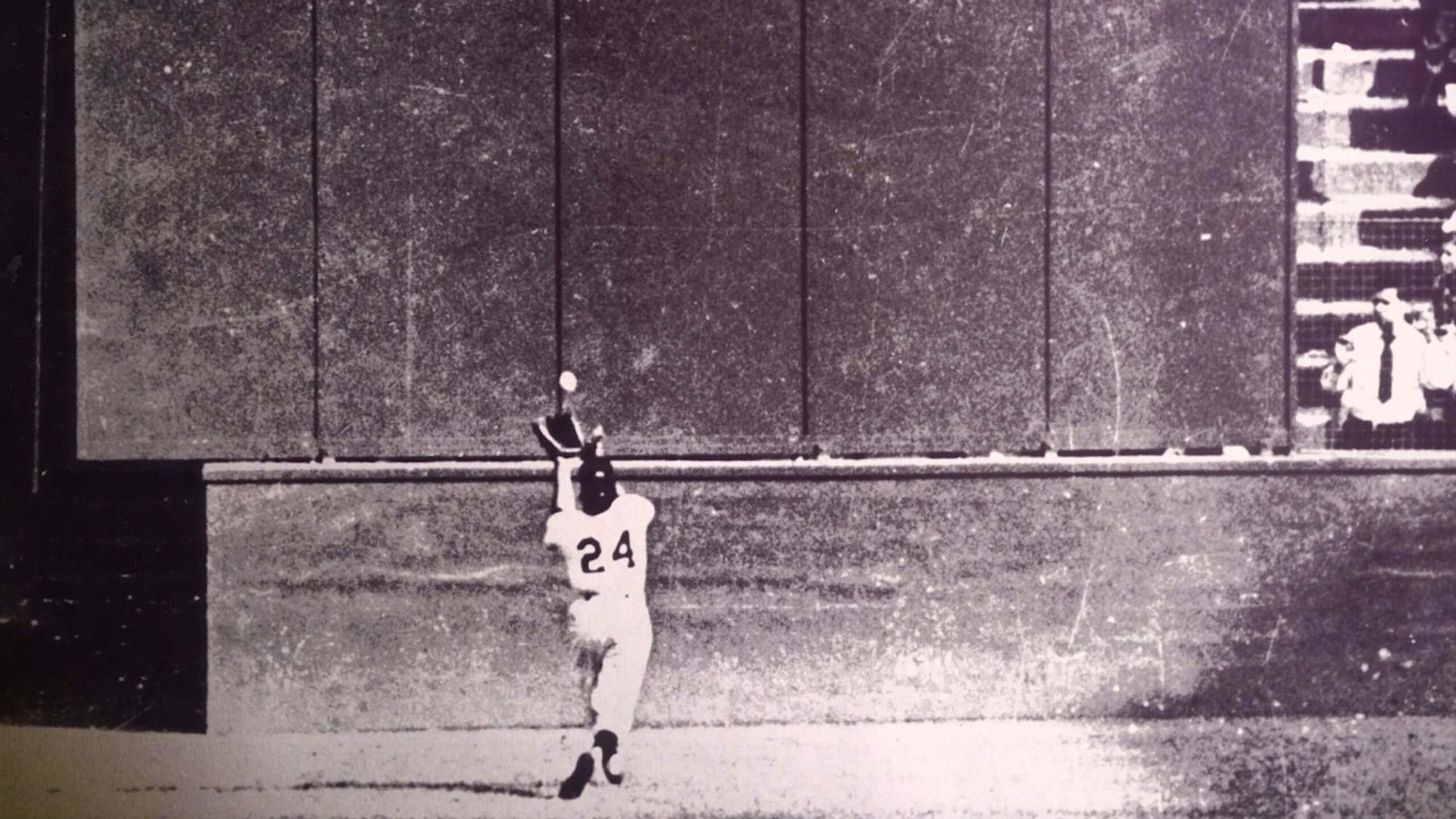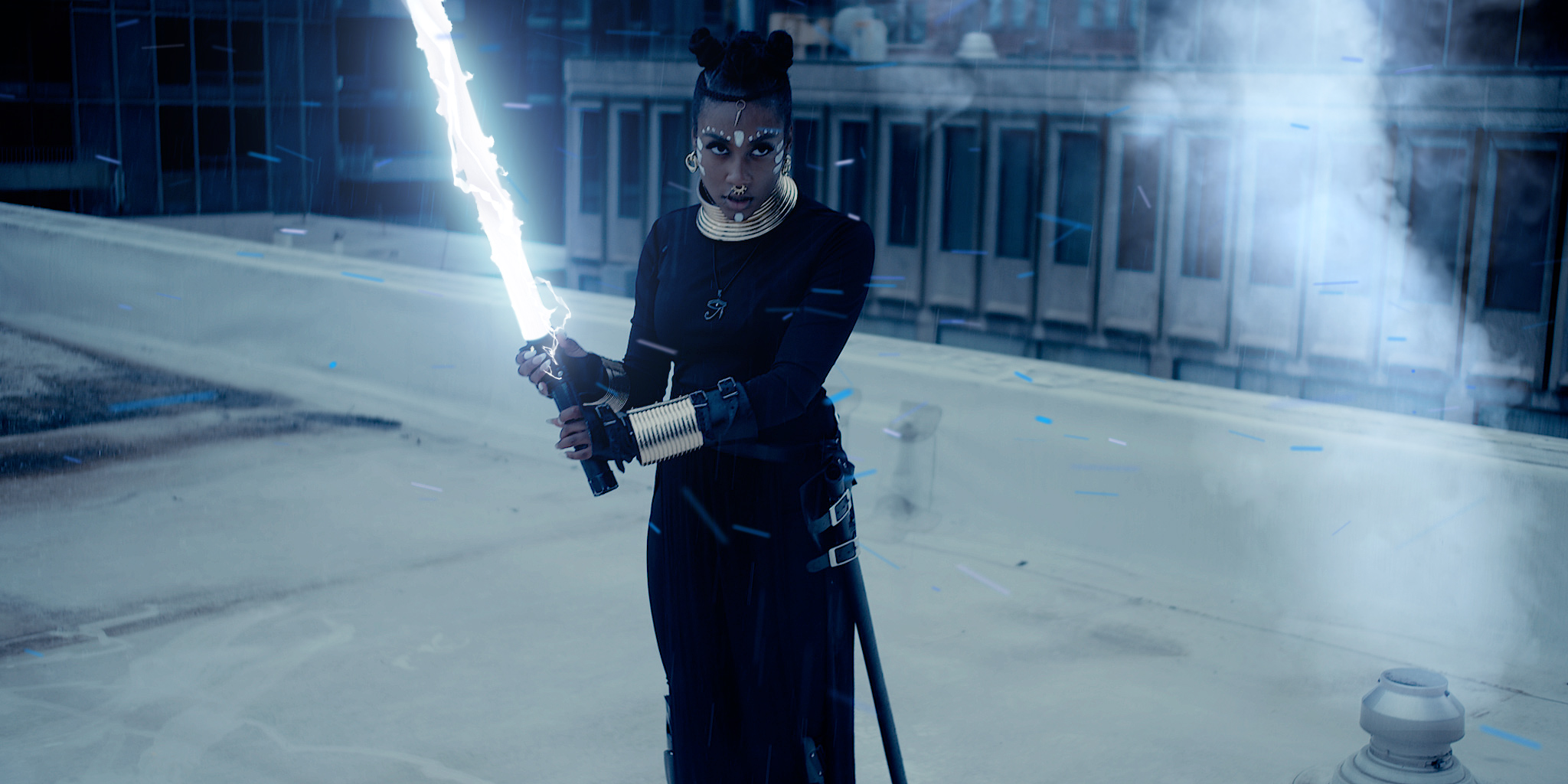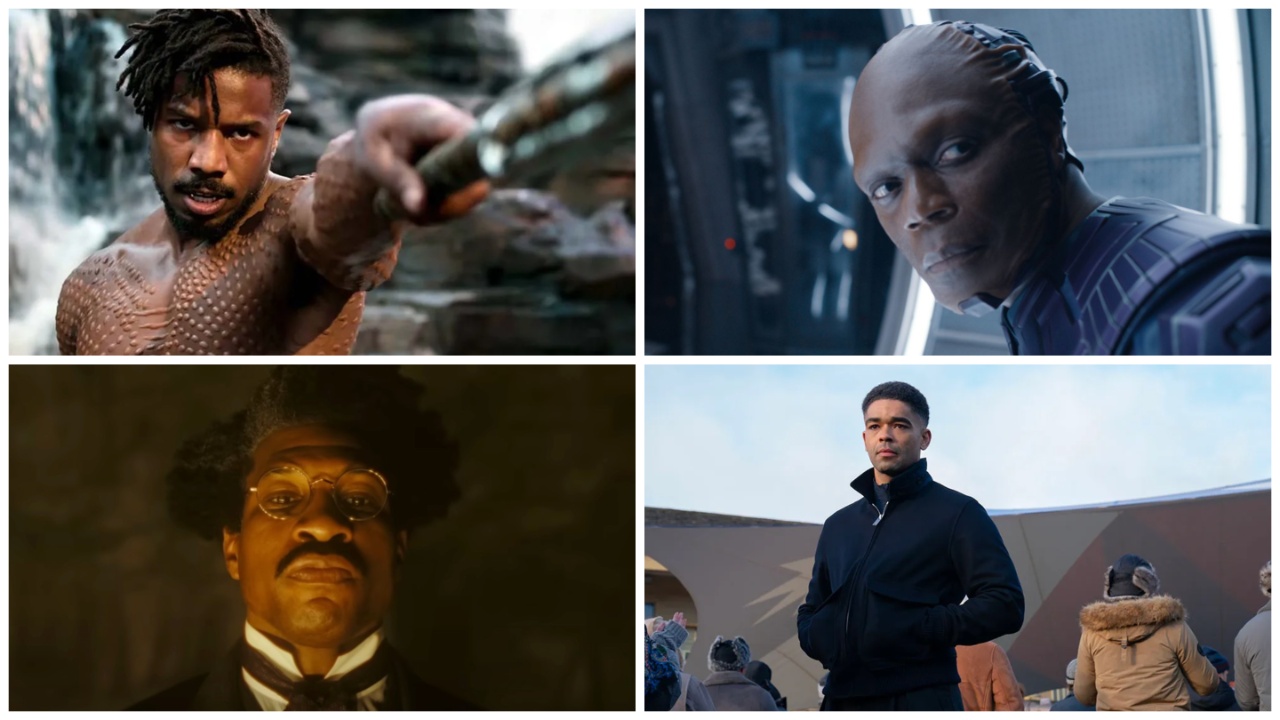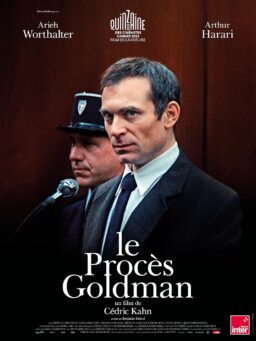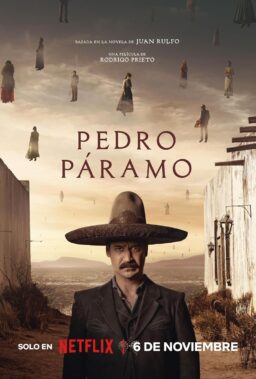Growing up in rural Canada, you learn from a young age that death is always close. The idyllic towns always seem to be harboring a secret, never revealing their true nature to those just stopping by. From drug abuse to suicide being the leading cause of death, it feels as if the land is stuck in limbo, and the people who live here are unable to escape the confines of the community they're imprisoned in. From the time you're a child, you learn to become one with death and realize that you will come to know it better than you know some of your friends.
As a child, I moved around from city to city while my single mother attended college and then university. Finally, at the age of nine, we settled down in the place that I still call home—despite no longer living there. A few hours north of Toronto, my hometown is often called the "sunshine city." Tourists flock to the beaches each summer, but by the time September comes, they're gone, and all that remains is us, the town's true inhabitants.
From the first episode, it's clear that Hulu's "Under the Bridge" understands the true nature of rural Canada. The series follows Rebecca Godfrey (Riley Keough), a writer who returns to Victoria, BC, and gets swept up in uncovering the murder of teenager Reena Virk (Vritika Gupta). While watching the series, I found myself in my hometown. And nearly thirty minutes after finishing the final episode, I found out that one of my childhood friends had died.

We met when we were twelve after she had transferred to our school and got into a fight with another of my friends mere hours after being introduced to us. I remember watching her move throughout the fight, her body flailing wildly, with a grin plastered on her face, and thinking she was the bravest person I had ever met. From then on, I felt safe with her in my corner. Though we hadn't spoken since my second year of high school, I thought about her often and told each of my new friends about her when we discussed pivotal moments from our childhoods.
When I found out she was dead, I texted my best friend Mackenzie, who I have known since I was three. I don't remember what I said or how she responded, but each time this happened, the conversation always ended the same way: Aren't you glad it wasn't you?
When Rebecca (Riley Keough) returns to her hometown of Victoria in the first episode of "Under the Bridge," she walks through her childhood home with a sense of despondency, as if she feels like the home she's in isn't hers. And it isn't really. Once you leave rural Canada, you feel like an outsider when you return, but no matter what, it continues to call you back. Keough walks through each scene with her shoulders tensed like there's an omnipresent weight pushing down on her. Even the air of Victoria carries a ghostly presence within it, and the whispers of her past make themselves at home within her mind.
I graduated high school in 2016, and since then, I have lost over half a dozen friends to this town, as well as another half a dozen family members. While the family members have usually been old or sick, the friends have been my age or younger. The last time I saw Mackenzie, a couple of weeks after our friend had died, I sat in the passenger seat of her car and thought about how akin to Rebecca and Cam (Lily Gladstone) we are. Two lonely adults mourning their childhoods and the childhoods of their friends, forever grieving the missing pieces of their friendship.

Returning home is hard, and I'm not sure it will ever get easier. Each time I pass my hometown's "welcome!" sign, it feels as if my breath gets stuck in my throat. I don't feel welcome here, not really. At times, I feel like an imposter, like I'm wearing a mask that hides the person I once was when I truly lived here. But mostly, I feel guilt, and I know my surviving friends do too. We're some of the lucky ones. We escaped to university, and were allowed to live a life outside of what we used to call home. While I know that I could not have prevented the drugs, accidents, or abuses that have destroyed so many of my loved ones, I cannot help but wonder why I've been spared the same fate.
In "Under the Bridge," each time the young characters like Josephine (Chloe Guidry) or Warren (Javon Walton) were on screen, I couldn't hold in my tears. Watching them felt like I was looking at the girls and boys I've lost to our home and who I won't ever get back. As the only Black kid in my friend group, I did at times feel ostracized, but ultimately, it was our differences from our wealthy peers that forced us to stick together. Some of my friends were raised by alcoholics, others were raised by a single parent working two jobs, and I can't remember how many of us lived with our abusers. When I think about us now, it's nearly impossible for me to harbor malice towards them.
While there were times when I was frightened of my friends – and I'm sure they were also afraid of me at times – at the end of the day, we protected each other in a way our guardians couldn't. To grow up in rural Canada is to be bored, and to be bored is to be violent. "Under the Bridge" is one of the few pieces of media that understands this. Like the characters in the series, we, too, were destructive. I look at my arms now, which are riddled with scars and burns, and I remember the friends who put those marks there. If I didn't have these wounds, would I be able to remember them?

I look back at most of my childhood as if it's a film or TV show happening in front of me rather than something that happened to me. Having my first cigarette at eleven – which turned into a habit I still haven't been able to kick – underneath the awning of a playground, lighting slides on fire with nail polish remover and a lighter, only to push each other down them and put the fires out with sand. It's a life that, when I describe it to people now, they look at me with wide-eyed shock. To me, this is just what lonely children did to pass the time.
The fondness with which I look back on my childhood comes from a place of mourning. When I'm remembering these acts of violence, I am also remembering a version of myself that doesn't exist anymore. Along with this, I am remembering people I will never see again. Some of them are gone, their wide eyes and sly grins forever frozen in mind, although I'm told I'm lucky I don't feel like I am. At twenty-five, I feel as if I have been grieving all my life, and I don't know if this will ever stop. When I think about it, which I don't often like to do, it terrifies me. Who am I without grief? And what is my hometown without it?
Each time I receive a message that another one of my friends has died, I think about how it happened. Was it another overdose? Another car accident? Another suicide? Often it's one of the three, and I am left wondering if this communal grief will ever stop. Will the children who grow up here ever know a life away from violence? Sometimes, I think it's impossible, and I cry for my fifteen-year-old sister and pray to a god that I don't believe in that she and her friends will live longer than most of mine got to.
"Under the Bridge" is the only time I've seen this specific aspect of growing up in Canada portrayed on screen. While David Cronenberg and even Denis Villeneuve's early work showcase a Canada most are familiar with, this series focuses on the rural places in this country and the violence that this isolation causes. Watching the young actors on screen, I am forced to look back on my childhood, which, while it wasn't perfect, was the only childhood I will ever have. I don't want to return to it, but I will always miss the version of myself that existed back then: volatile, yes, but also free in a way my adult self will never be.
